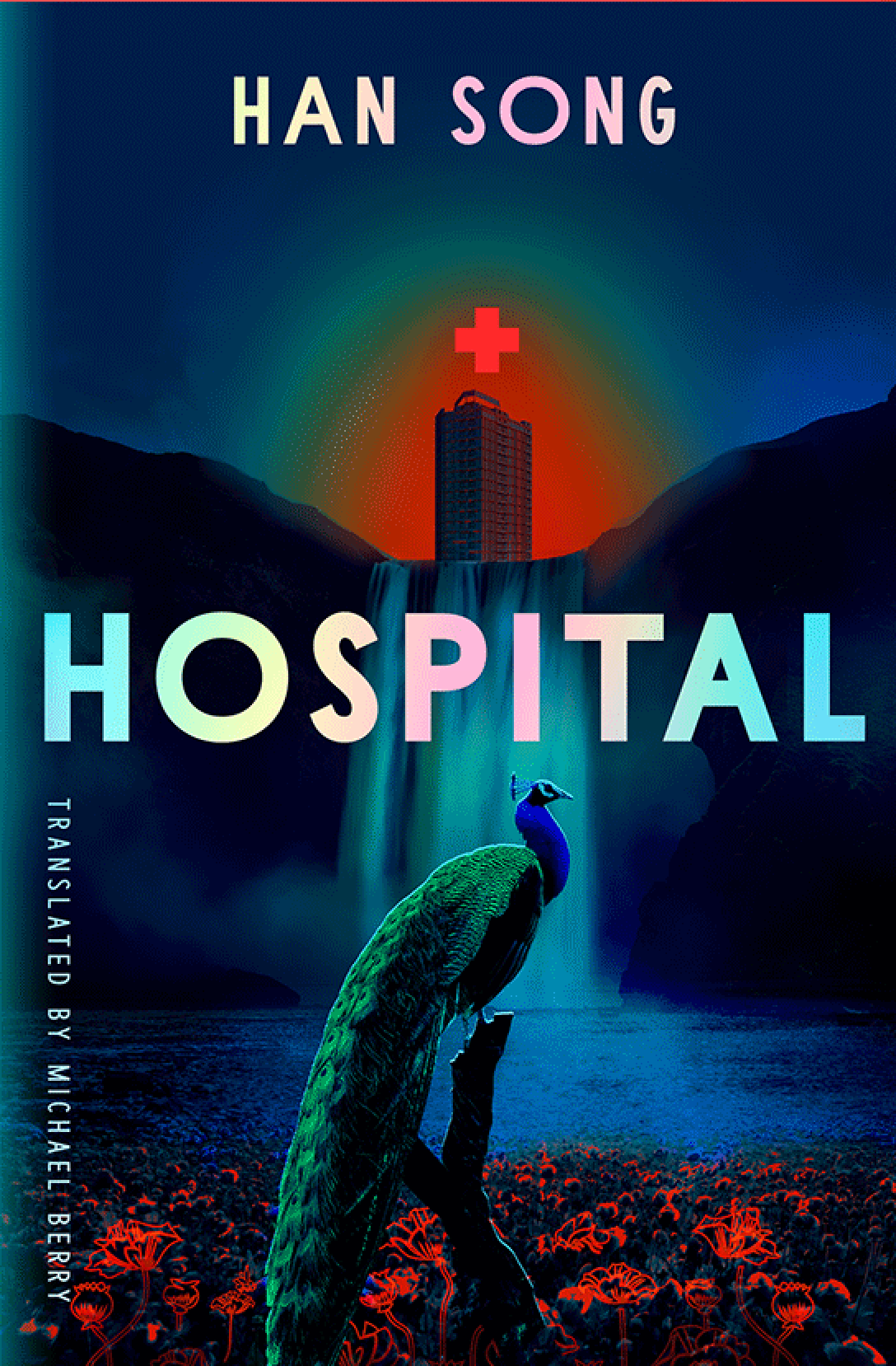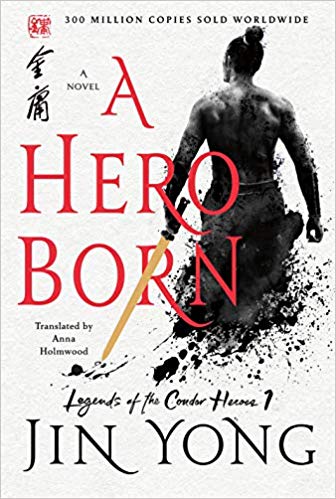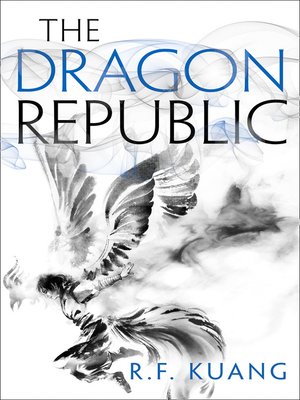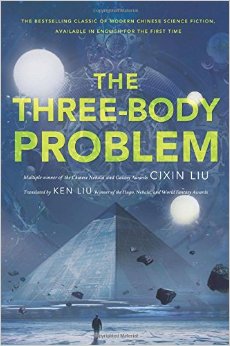
Take a moment and soak in that cover, which is amazing, because it is absolutely and undeniably the best thing about Han Song’s Hospital. I do not write a lot of negative book reviews around here– there are definitely some from time to time, and usually if I take the time to shit on a book it’s because I found it specificially offensive in some way or another. This is not that. This is, I think, a very bad book, and I don’t want you to read it, but I need someone else to read it so I can be sure I’m not crazy, so basically what I’m looking for here is someone to take a hit for the team, possibly literally steal this book from somewhere, and read it.
I’m not going to spend much time talking about the plot because frankly it doesn’t matter, but basically the main character gets sick from drinking some mineral water while on a business trip, ends up in the hospital, and then everything, including the narrative, goes directly to hell, and by the end of the book the entire universe is a hospital and just roll with it because it’s not gonna make any sense. The book starts off with a prologue where a Buddhist astronaut is going to colonize Mars; it sounds really interesting at first, but once the prologue is over that storyline will never be referred to again and the book very definitely takes place in China and on Earth.
That’s not a joke, and it’s not something I missed. The prologue appears to belong to an entirely different book.
The narrator is unreliable, the narrative is unclear, internally incoherent, and inconsistent, people die and then are not dead any longer for no reason, there are some of the worst sex scenes I have ever encountered, no one anywhere talks like they do in this book, and despite huge chunks of the book being devoted to people holding forth on philosophy the book has no overall point that I was able to decipher. It is translated from Chinese; while it is definitely not a good translation of a good book, I cannot tell you if it is 1) a good translation of a bad book, 2) a bad translation of a good book, or 3) a bad translation of a bad book. It’s entirely possible that things flew over my head that would be clear to Chinese readers. It’s also possible that the whole book is bullshit.
Here’s the problem: it’s unimaginable to me that this book is actually as bad as I think it is, because I still have some shred of belief that publication is not just purely luck, and someone somewhere had to find some literary merit in this thing and I’m completely missing it. There are two sequels in Chinese and the second one in English is coming out in a couple of months. The whole series is being translated, and if the translator’s note at the end of the book can be trusted, Han Song himself prefers the English edition of the book. So this isn’t just one book, like, slipping through quality control somewhere, or an insane editor’s pet project. That’s six books, plus the added cost of the translator!
Please, someone, take the hit for me, read this Goddamned thing, and help me figure out what’s going on.




 I will say this about R.F. Kuang’s The Poppy War, and that will probably be enough to make it clear how much I enjoyed it without the distraction of the rest of this post: I lost quite a bit of sleep over this book. I read it in a couple of big gulps over a few days, and both nights I was reading it I was up much later than I wanted to be because I couldn’t put the damn book down. I was even carrying it around with me in the house and reading the occasional chapter or few pages whenever I had a chance to during the day. A huge percentage of my book-reading is done in bed nowadays, so if I’m setting aside time I could be spending doing something else during my limited free daylight time it’s a really impressive sign.
I will say this about R.F. Kuang’s The Poppy War, and that will probably be enough to make it clear how much I enjoyed it without the distraction of the rest of this post: I lost quite a bit of sleep over this book. I read it in a couple of big gulps over a few days, and both nights I was reading it I was up much later than I wanted to be because I couldn’t put the damn book down. I was even carrying it around with me in the house and reading the occasional chapter or few pages whenever I had a chance to during the day. A huge percentage of my book-reading is done in bed nowadays, so if I’m setting aside time I could be spending doing something else during my limited free daylight time it’s a really impressive sign. Here is my normal approach to starred reviews. I admit that this is probably more generous than many, but I’m not worried about it. For every guy like me who hands five-star reviews out to a third of the books he reads, there will be someone else who reserves them for books that should win awards. It balances out.
Here is my normal approach to starred reviews. I admit that this is probably more generous than many, but I’m not worried about it. For every guy like me who hands five-star reviews out to a third of the books he reads, there will be someone else who reserves them for books that should win awards. It balances out.

